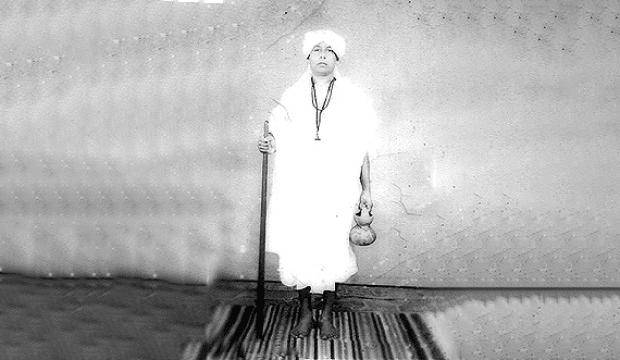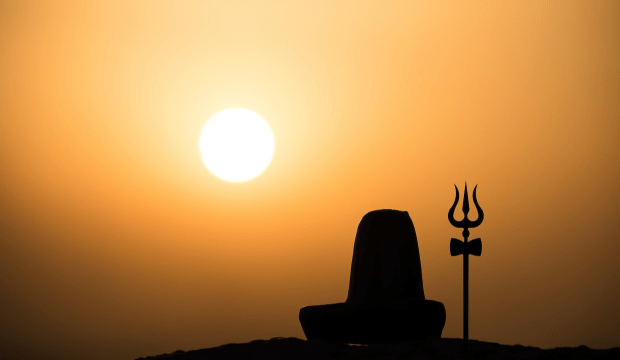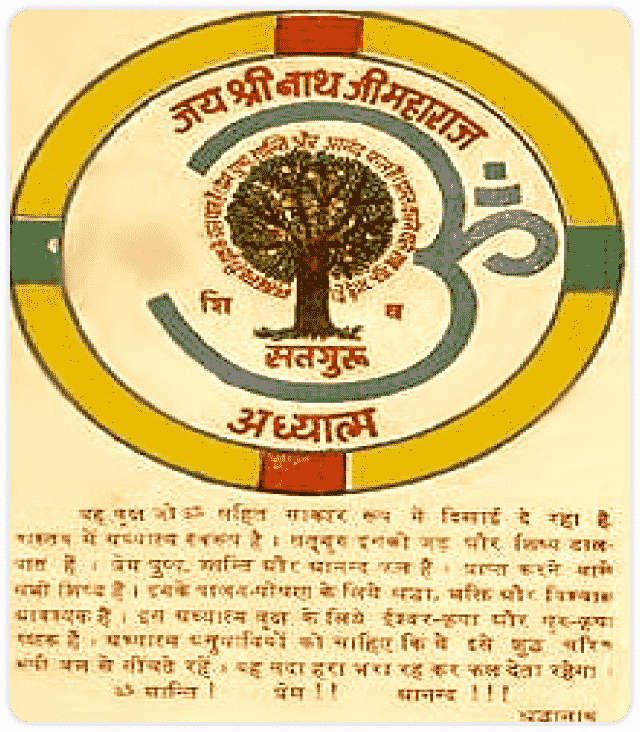‘PATH’ AS TAUGHT BY BABAJI [THIS IS A TRANSLATION FROM SHRI GURU MAHIMA SAAR]

Self [atmān], God [parmātma], Brāhm, etc are beyond the reach of our intellect. Intellect has its own limitations; it can not access the one which is limitless. Spiritualism is the science of attaining the subtle. Gross is manifestation of subtle.
In a man’s life ‘self knowledge’ is of the most important knowledge. To attain this, the pure and clean mind (chitta) is the only prerequisite. Any one, who can fulfil this requirement, will get Shri Guru’s grace instantly; there won’t be delay of even a second in attaining that [grace].
Man is neither body nor intellect and nor the ego. He is only pure consciousness.The consciousness (the sentient life current) dwelling in the body is the Self (atmān) and unified collective existence of all the souls (jivaatmān) of the universe is brāhm. There is no difference between the two [i.e., atmān and brāhm].
Like poison, renounce all attachments towards material things. With firm conviction that you are pure consciousness, establish yourself in the consciousness (atmān) with utmost faith. This is the renunciation, knowledge and path to liberation of the self.

The substratum of this universe is consciousness. This universe is transient i.e., ever-changing. Consciousness is everlasting and unchangeable. This [consciousness] only is the basic (infinitesimally small) element. This universe is a result of manifestation of the same.
Guru is most important for attaining Self Knowledge (atmān Jnān). Guru is the manifestation of God. For the disciple, Guru is the incarnation of God in physical form. God helps the disciple through Guru only; but spiritual progression cannot be attained without the disciples’ eligibility (pātrāta). Eligibility requires yearning (mumukshā), wisdom (prāgya), faith (shrāddha), love (prem), surrender (samarpan), attitude or state of being (bhāv), politeness (nāmrāta) and knowledge acquired in previous lives (prārābdh).

The one, who is steadfast in his inner consciousness, is liberated. Every enjoyment (bhog), action (karm), ego (ahāmkar), greed (lobh) etc. are attributes of body and mind. Therefore these are not obstruction to liberation. Self is neither doer (kārta) nor enjoyer (bhokta) nor the subject of enjoyment. (bhogy vishya). Self is sentient, all observant, all pervading (vyāpak), formless and same in everyone. Self Knowledge destroys the ignorance of perception of different forms of the Self; this ignorance is created due to differences in physical bodily appearances.
Ignorant only says, the world exists, illusion (māyā) exists, brāhm exists, living beings exist, etc. He only knows this existence. But the one who says that these do not exist – this world, living beings etc. are all illusions, brāhm is the only truth – he is also ignorant. The one who doesn’t know he only lives in the illusion of existence and non existence. The one who is knowledgeable, remains immersed in the Self only. His ignorance of illusion of what exists and what doesn’t exist disappears. Neither does he say that God is one, living beings are different from Him, nor does he say that the Self is God. These are all thoughts which arise due to mind. No thoughts arise in the one who has realised the Self. Everything quietens down in him. The speaker no longer exists.
The mountain is hidden under the cover of a grain, but only Sat Guru can remove this cover. This covering is not on our Self (atmān), but on our eyes. Self (atmān) is without any cover, self evident and always in front of us, only we should have the capability to see it. Sat Guru, by making you realise, removes this covering.
Knowledgeable also engages in action but he does not have longing for the fruits of action. He does not even complain. He is content with whatever is there or happening around him. After being free from all attachments he lives merged in his Self (atmān).
Om! Peace (shānti)! Love (prem)! Bliss (ānānd)!

